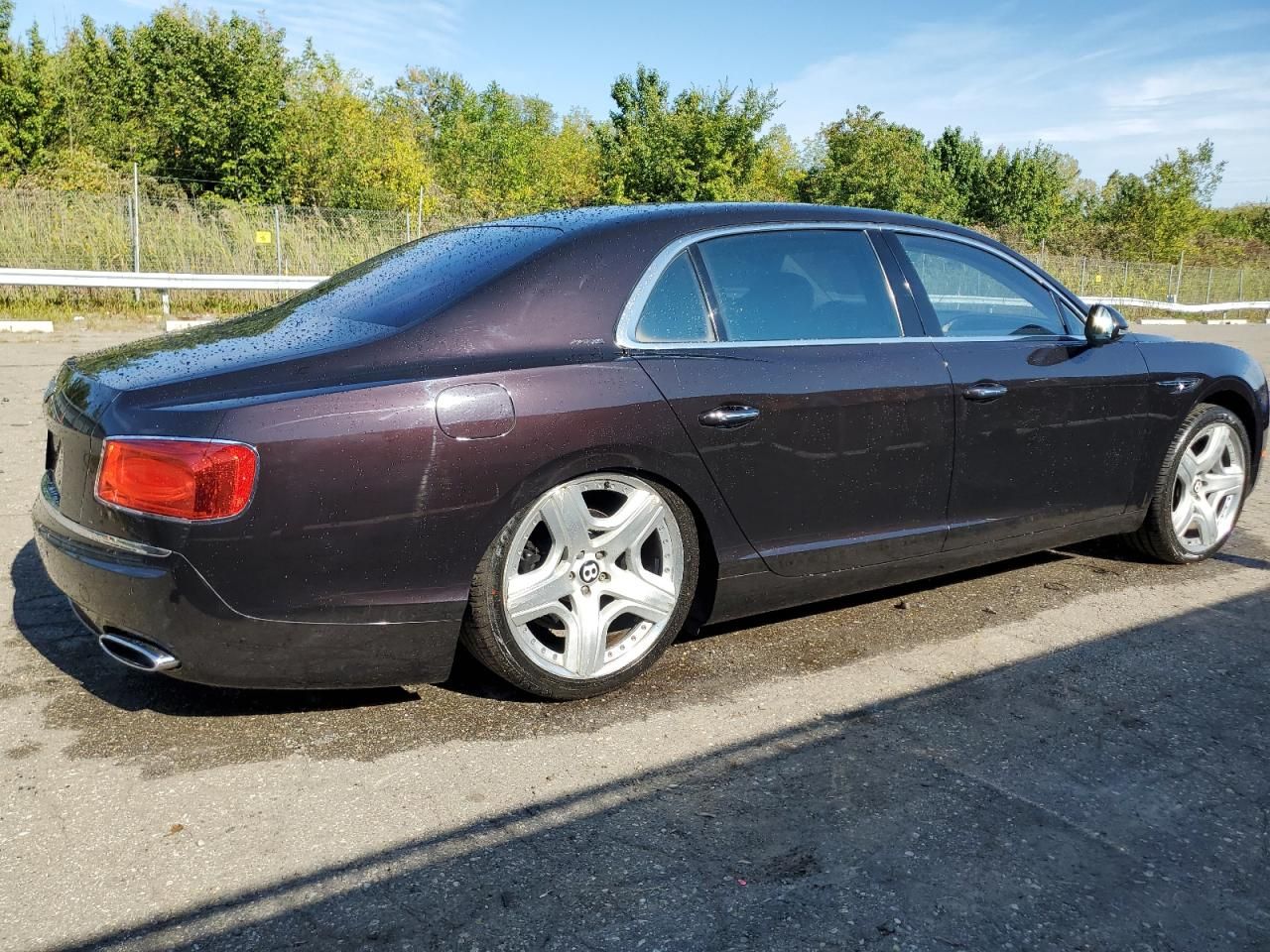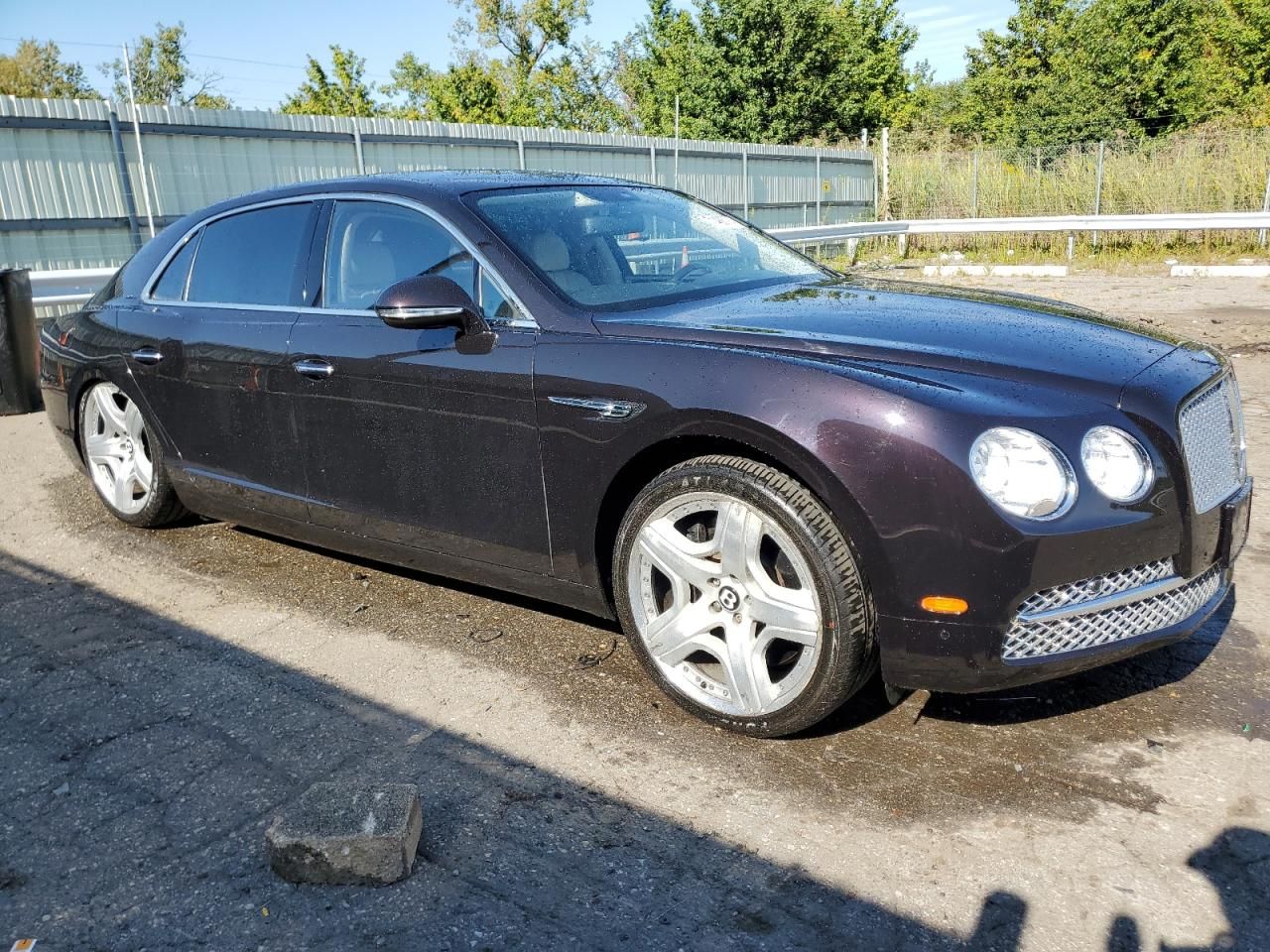For people on a limited budget looking for a car, salvaged vehicles provide a great chance for those ready to take some risk in order to perhaps save rather large amounts. If kept correctly, salvaged cars—often offered for a fraction of their new or used counterparts—can provide tremendous value. Still, negotiating the realm of restored vehicles needs both conscious thought and preparation. This guide will guarantee that you get the most out of your purchase and allow you to maximize the possibilities of a rebuilt automobile.
Understanding Salvaged Cars

Usually resulting from major damage from accidents, floods, or theft, salvaged automobiles are vehicles considered a total loss by insurance carriers. Once an automobile is judged “salvage”, its value drops dramatically, hence purchasers typically find it to be a more reasonable choice. Still, the word “salvaged” does not imply the car cannot be rebuilt. While many salvaged vehicles may be brought back to full running condition, it is advisable to understand the related expenses and hazards.
Purchasing a salvaged automobile might be challenging as the initial purchase discounts could be negated by repair and restoration costs. Before you buy, you really need to know the background and particular damage to the car. If you’re ready to do your research, you may come upon a reasonably priced, premium car.
The Pros and Cons of Buying Salvaged Cars
Although they are not for everyone, salvaged automobiles might have various advantages for the appropriate buyer. Positively, they are really reasonably priced. Depending on its clear title, a salvaged automobile could cost 25% to 50% less than the identical model. For consumers seeking a supplementary car or those on a tight budget, this makes them a reasonable choice.
For someone with mechanical knowledge, salvaged automobiles may also be a fantastic endeavor. If you are proficient with tools, you might be able to restore a salvaged automobile yourself, therefore reducing repair expenses and transforming the job into a fulfilling pastime.
Salvaged vehicles do, on the negative side, carry inherent hazards. Damage from floods or accidents could not always be clear-cut, and there’s always a possibility that a rebuilt automobile might have structural problems endangering safety. These vehicles may also have lesser resale value and therefore be more difficult to insure.
It’s important to thoroughly assess both your budget and your readiness to handle possible difficulties before choosing on a recovered automobile.
What to Look for When Buying a Salvaged Car
Not all rebuilt vehicles are made equal, hence understanding what to search for can help you save expensive mistakes. Start by obtaining a comprehensive car history record. This report will include details on the car’s past damage, repairs, and other important elements influencing your choice.
Before you buy the automobile, then, think about having a qualified technician check it. Professional mechanics can assess the degree of damage and project repair costs. If the car has been in a major accident, this is particularly crucial as hidden problems like frame damage could not show at first look.
Investigate the dependability of the model and repair expenses as well. While components for some vehicles may be more costly or difficult to get, some automobiles are simpler and less expensive to repair. A well-considered choice can help you avoid purchasing a car that becomes a financial sinkhole and save money.
Restoring Salvaged Cars: What You Need to Know

Restoring a salvaged automobile to a safe and usable state comes next if you have opted to buy one. The degree of the damage will determine the spectrum of modest cosmetic work to major mechanical repairs this technique offers.
Making sure a salvaged automobile satisfies safety criteria is absolutely crucial for restoration. Your first concerns should be mechanical usefulness and structural integrity. Sort any important repairs first, like suspension, brakes, or engine repair. You next may concentrate on cosmetic fixes to enhance the look of the car.
Working with a trustworthy mechanic or body shop is absolutely vital, particularly if the repairs call for knowledge beyond your own. A qualified expert can make sure the automobile is safe to drive and that any repairs follow codes.
Getting Insurance for Salvaged Cars
Finding insurance for a damaged automobile is one of the toughest obstacles of ownership. Since salvaged automobiles are considered as more risky, many insurance companies are reluctant to provide complete coverage for them. Still, you may obtain insurance; your options may be restricted to liability coverage, which covers damage to other cars in the case of an accident.
Find out coverage choices from your insurance company before buying a damaged automobile. Some businesses could want a further check before presenting a policy. Many times, official certification of the automobile as roadworthy can enable you to receive insurance.
Selling a Salvaged Car: Is It Possible?

Should you want to sell your rebuilt automobile down the line, expect a little market. Because they have less resale value and might turn off possible purchasers, salvaged automobiles are more difficult to market. You could still be able to find a buyer, though, if you have done a great job fixing the automobile and can offer records of the repairs.
Sales of a recovered automobile depend mostly on openness. Give prospective purchasers all the knowledge about the car’s past and repairs. This can help you establish confidence and prevent later legal problems.
Final Tips for Getting the Most Out of Your Salvaged Car
You can follow numerous actions to optimize the worth of your recovered automobile. Keep first on routine maintenance and repairs. Maintaining good operating condition not only guarantees longer lifespan but also increases the appeal of the car to possible purchasers should you choose to sell it.
Second, think about personalizing or improving the automobile with aftermarket components. Although you should not spend too much money on a salvaged automobile, smart additions can improve its appearance and performance without going broke.
Lastly, practice patience. Restoring a damaged automobile takes time and you might run across unanticipated difficulties. But with the correct technique, a salvaged car might become a dependable and reasonably priced pair of wheels.
Conclusion
For those ready to tackle repairs and restoration, salvaged car auction provide a reasonably priced choice. Proper study, cautious planning, and attention to safety will help you to maximize a salvaged automobile and reap notable savings. Salvaged automobiles can provide excellent value whether your search is for a project vehicle or a dependable car on a budget; just be ready for the work required in returning them on the road.
